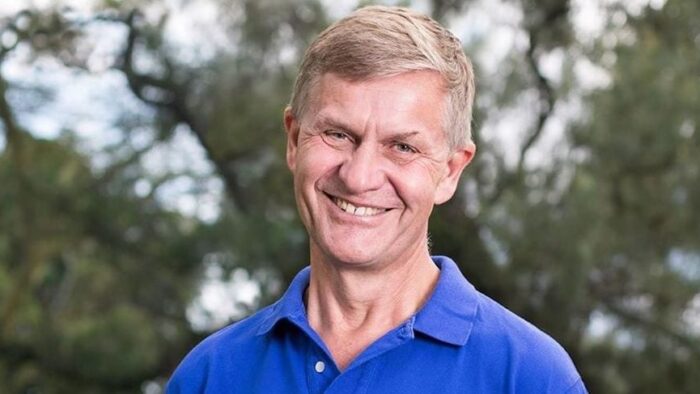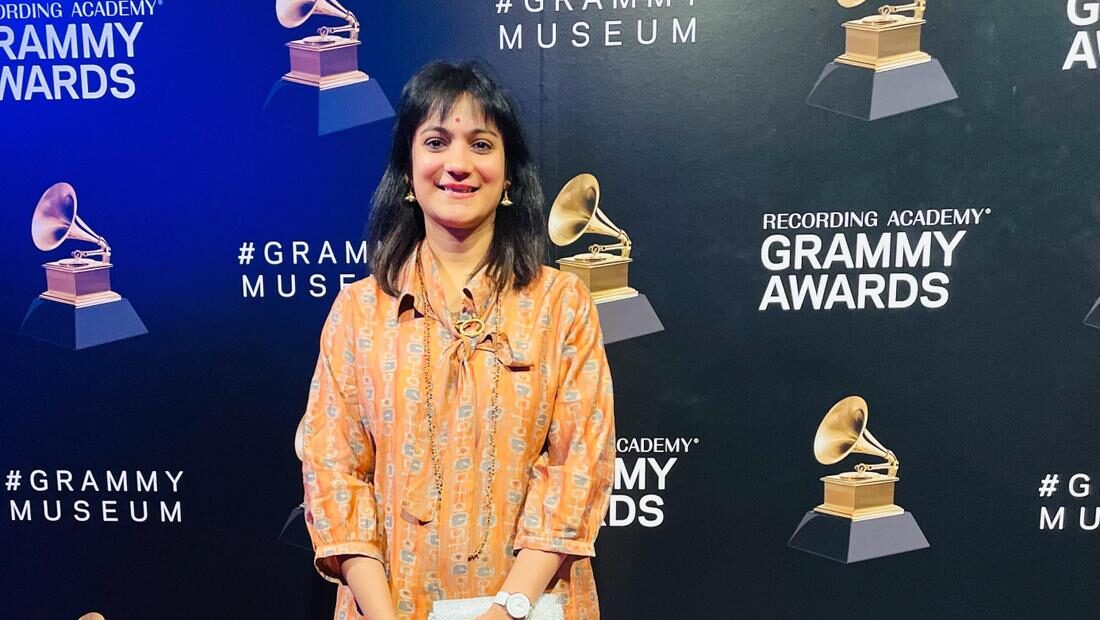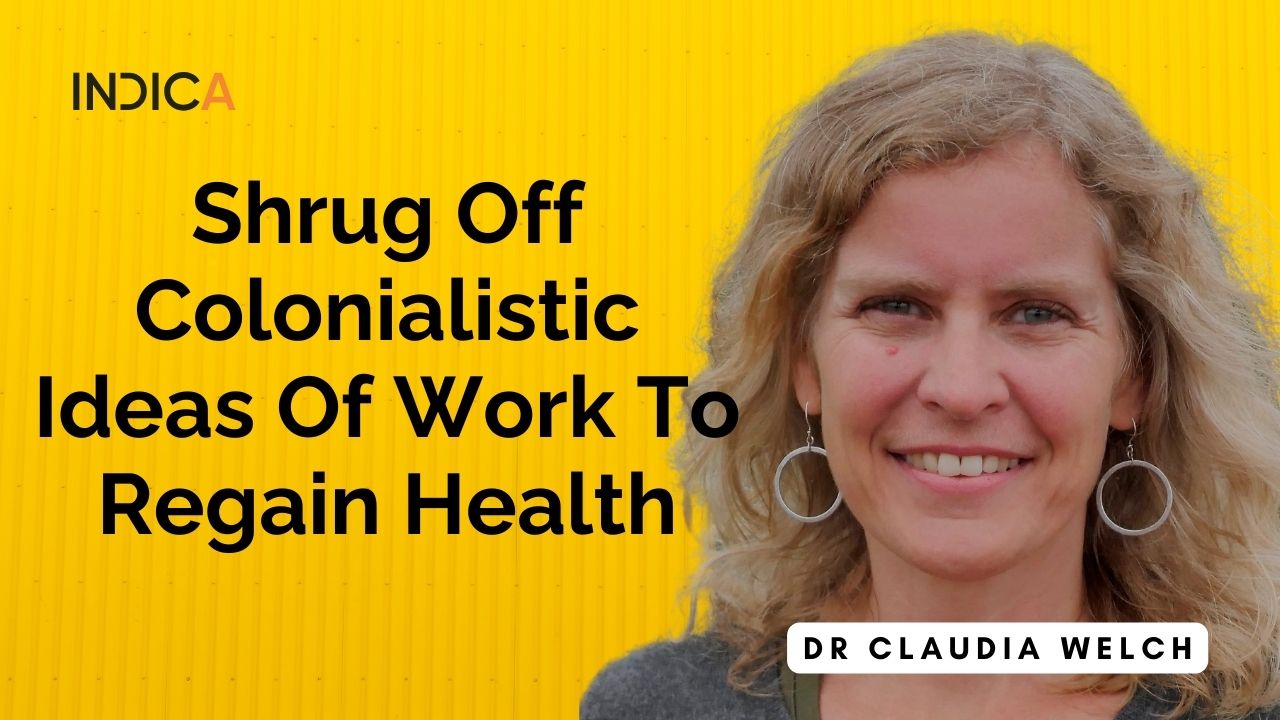It is 2021, and we are all quite informed that our lives are intertwined with nature, and that we must take care of Mother Nature to the best of our ability. Erik Solheim, former Executive Director of UNEP, the United Nation’s Environmental Protection program, has been a leader in the field for several decades. CSP's reached out to Erik and found a very humble, grateful man who has accomplished so much in his years of service to his nation and the world. In an email interview, Erik shares his thoughts on India’s role in environmental security and what we as individuals can do for our planet.
Erik explains the history of environmental protection and its modern aspects. “Environment protection obviously goes back to the first humans inhabiting our planet. Modern environmentalism evolved in the 1800 hundreds as response to the horrible pollution in the early cities and workplaces of the Industrial revolution and as a response to our desire to protect nature. The US got its first national park in the 1870s. The London smog in the 1950s was a huge wake up call.”
Erik himself found his love for nature in his childhood. That’s what got him started in this field. “It builds on my love for nature which I developed during my childhood.” His moment of realization happened at school, at an “exhibition showing the challenges facing manhood. It was a big wake up call.”
Of course, there is a lot of debate about economy versus environment. Erik believes we can develop both at the same time. He feels it is important to create “a sustainable future where we completely merge ecology and economy. This is the most urgent issue facing humanity.”
As human beings, it is our responsibility to “always look for the win-win solutions where we create jobs and prosperity and protect Mother Earth at the same time.”
Erik has held a number of high-level positions at the national and global levels. He is the CEO of Plastic REVolution, Former Under-Secretary General of the United Nations, Former Executive Director of UNEP, and former Minister of Environment and International Development GREEN OPTIMISM! He works with World Resource Institute, Green Belt & Road, Plastic REVolution, Treelion, April/RGE, NorwegianGreens.vel research as well.
I found Erik on Twitter, with a prolific profile, seemingly focused on Asian issues and work. I was curious to know more about whom all Erik has worked with in India. How much does he know about India and the situation here? We discussed his thoughts on India’s role based on his experience here and knowledge of our nation, to understand what we are doing right, and what we can focus on more as a nation.
“I have been to India numerous times as a citizen, minister, peace envoy and UN leader. I love India and believe India has a big role to play to lead the world on the Environment.” Erik has traveled throughout India, touching 20+ states and UTs. Through his journey with India over the last few decades, he has found India’s strengths, and also some opportunities for growth, which will help our nation become a leader in the environmental world.
“I am working very closely with Afroz Shah, the great beach cleaner and environmentalist from Mumbai. I am also working with green activists in Tamil Nadu, Rajasthan and other parts of India. I have worked with inspiring spiritual leaders like Sri Sri Ravi Shankar and Sadguru. And of course I have had the honor to engage with Prime Minister Modi and other government leaders. I pick positive stories about good initiatives from newspapers and social media. India has good people in abundance.”
It brought a smile to my face, that India is recognized for its good people. Yes, by and large, we are a nation of good people, and now we must do what is good, not just for ourselves, but for the world. Does that mean choosing the environment over the economy?
“For very long the conversation in India was based on the idea that there is a choice between economy and ecology. Most people of course opted for development. But this old idea that first we pollute, then we clean up, is now for the history books. India and the world can develop very fast based on renewable and win- win policies that are both good for jobs and for the environment.”
“India can lead the world in integrating economy and ecology. Good examples are the massive investments in solar energy or green tourism based on taking good care of wildlife like tigers or birds.”
On the other hand, Solheim remarks, “India can learn a lot in establishing green transport and mass transit systems - high speed rail, metros, electric vehicles and buses and rickshaws.” India’s focus should be on energy. He notes India has already taken a step in the right direction with the establishment of the International Solar Alliance by PM Modi. The program has already developed and promoted “huge solar plants in Madhya Pradesh and many other states.”
While we are a nation united, there are some distinctions that deserve praise. Solheim notes that “overall, southern India is more developed and technologically advanced than the north. Telangana has increased its tree cover by nearly 4% since the state was formed not so long ago.”
Erik’s further remarks showcase the diversity of environmental protection throughout India and activities taking place in different states. He says, “Maharashtra is making great progress protecting nature, mangroves and forests. Rajasthan and Assam are increasing the tiger population.”
It would be simple enough to focus all our energies on protecting nature, if we didn’t also have to consider our own selves, and the nation’s burgeoning human population, which needs economic stimulation especially of the lower socio-economic classes. For this, Solheim suggests “India should look for win-win policies which drive economic development while protecting the planet. It should move from coal to solar and wind, focus on tourism which is based on protecting national parks and wildlife, move urgently into high speed electric trains and electric buses and cars.”
Solheim believes that economy and environment go hand in hand: “If you focus on the win - win policies, there is no choice between the two.” He continues, “focus on how you can protect Mother Earth while curbing pollution, making life better and creating jobs and prosperity.”
Yes, but who should focus? I was curious about whom Erik thinks the leaders in environmental protection should be. India, after all, has a flourishing social enterprise community, including hundreds of organizations that focus on environmental issues. Many of them are grassroots organizations that want to grow and expand. Should so much responsibility to lead our diverse India be placed in the hands of small scale groups? What about the government, at the national and state levels? And businesses?
[caption id="attachment_10023" align="alignnone" width="2125"] The Union Minister for Science & Technology, Earth Sciences and Environment, Forest & Climate Change, Dr. Harsh Vardhan and the Under Secretary General of United Nations and Executive Director of UN Environment, Mr. Erik Solheim addressing at the signing ceremony of a Letter of Intent on hosting of World Environment Day 2018, in New Delhi on February 19, 2018.[/caption]
The Union Minister for Science & Technology, Earth Sciences and Environment, Forest & Climate Change, Dr. Harsh Vardhan and the Under Secretary General of United Nations and Executive Director of UN Environment, Mr. Erik Solheim addressing at the signing ceremony of a Letter of Intent on hosting of World Environment Day 2018, in New Delhi on February 19, 2018.[/caption]
“You need both top down and bottom up programs. Grassroots activities are critical to create the public opinion which will force change. It can also engage millions of people in practical work. But you also need the federal government and state governments to drive the charge through legislation and taxes. Big business must deliver the large scale projects we need. Only businesses can do recycling at scale or produce electric vehicles and trains.
Whatever we choose to do now, we should ensure that India leads the world. I asked Erik about the potential for India to become a global leader on environmental issues, as a step towards its soft power development?
“India has a huge potential as a leader for sustainable development. India has a lot to show for itself in wildlife protection and technology. India has few enemies and many friends. India's experience with development is more recent than the European or American and thus more relevant (as an example) for most developing countries.”
Asides from businesses and NGOs working in the environmental field, it is also part of each of our swadharma to care for Mother Nature. I asked Erik to discuss what we can do, personally.
“Vote for politicians who make the right green decisions. Engage in grassroots movements. Look into lifestyle changes like using public transport, buying an electric vehicle or eating a more plant based diet.”
Voting is great if you are legally allowed to. However, India has a huge youth population as well, and it’s important to engage them. Erik provided some insights as to what Indian youth can do as well.
“Environment is for everyone. From toddlers to the veterans. There is no age limit for love of nature. Engage for the environment locally to gain practice. Study hard to get the knowledge. Reach out and try to establish connections.”





